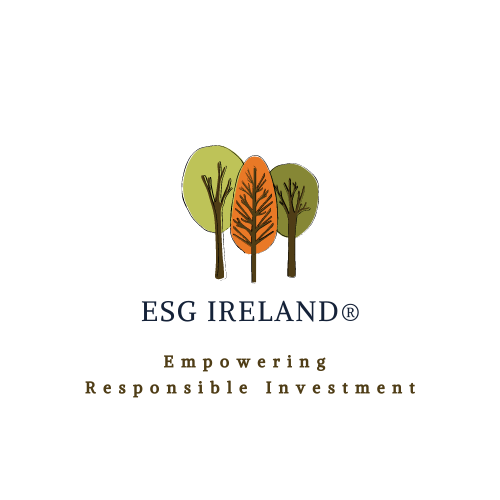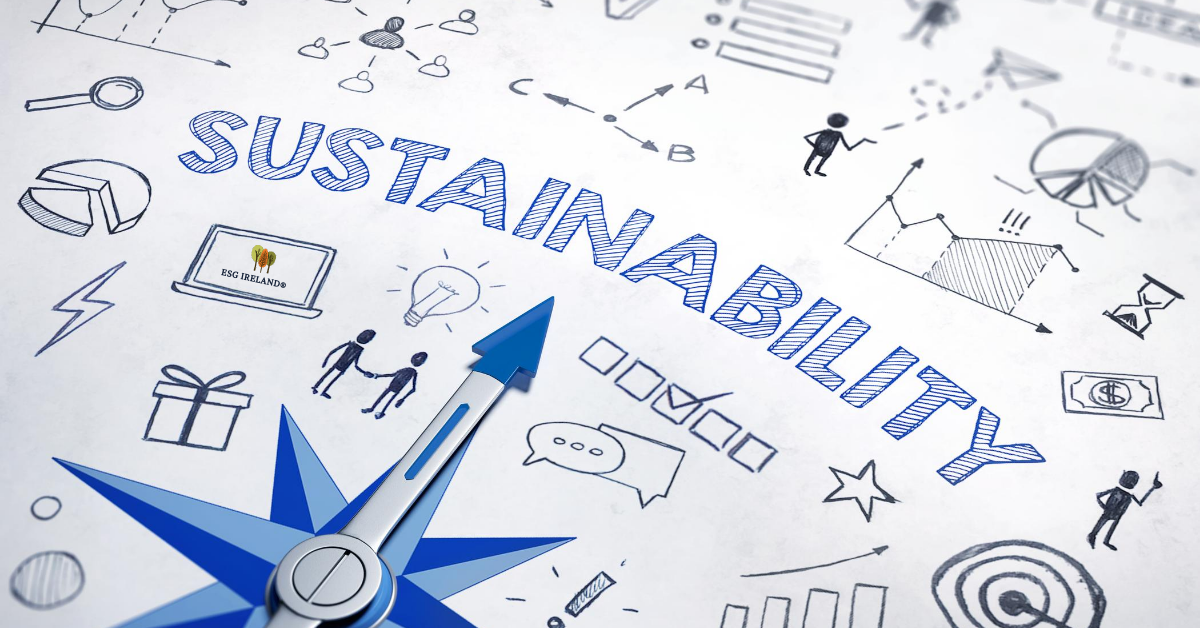To Vicinity and Beyond




Written by Neasa McGarrigle
The world needs a more sustainable consumption model for daily essentials like groceries and innovative companies will be an important part of bringing about change. One such company is Vicinity, who are looking to better connect consumers with local producers without compromising convenience.
The problem:
In 2017 Ireland imported 47,000 tonnes of onions—that’s 10kg per person imported, even though onions grow well in our climate and maintain freshness for months in storage. Why? With high infrastructure, overheads, and manpower costs supermarkets squeeze the margins so much that it isn’t worth the effort for producers to grow essential fruit and vegetables. The result is imported produce with a large carbon footprint and supermarket practices that aren’t just draining the local economy but are ladened with long-term environmental risk. Local producers have no option but to focus on higher value produce and mono-cropping for short-term survival, but these practices are unsustainable for soil health and long-term business.
Simultaneously, consumer values and preferences are shifting in the opposite direction towards more sustainable and socially beneficial models. Even before the pandemic, 68% of Irish consumers were willing to pay more for locally produced goods because of the positive effects that buying local has on the economy. In late 2020, 80% of Irish consumers say they are more likely to shop locally with a newfound appreciation of local business. Consumers across age categories increasingly seek a grocery-buying experience that speaks to their values.
Enter Vicinity
During the pandemic founder of Vicinity, Julie Currid, witnessed her usually quiet village transform into a hive of activity as socially distancing locals enjoyed their coffees and croissants on any wall space available. Meanwhile, trying to get groceries in the door was a massive challenge with two young kids in tow. Both online and supermarket options available were impersonal and compromised the values Julie usually shopped with. They presented a multitude of issues from exploitations of labour to a lack of proactive sustainability measures. Relying on corporate supermarkets meant spending less money at her favourite local producers just when they needed her the most.
Julie understood the benefits of a thriving community but she could also see the gap between doing a full weekly shop locally and the convenience people needed in their busy lives. Having founded and scaled the successful software business GoContractor and previously worked as Marketing Manager at Puratos Crest Foods, she knew she had what it takes to not only solve her local issue, but scale it to adapt to any locale. She set about making Vicinity a reality so that people could watch their communities thrive without having to compromise values for convenience.
Vicinity offers a platform for customers to buy all their groceries from local producers in one online shop delivered the very next day. At the heart of Vicinity is the local economy and sustainability. According to Julie, “Vicinity producers are exceptional human beings who grow and create high quality goods. Not only can consumers buy locally, but they will also find unique items which can’t be sourced in a supermarket”.








Some Producers
Donabate Dexter Beef is from cattle who roam free, graze on the pasture and grow slowly. Oh, and they don’t take drugs! The Dexter cattle breed is a throwback to the way almost all beef cattle were in Ireland, before the 1950s brought about industrialised commercial farming methods, geared around the rapid production of large quantities of beef as quickly as possible. By contrast Dexter cattle are smaller animals, not overbred, capable of living outdoors and calving themselves. Donabate Dexter also produces free range pork, lamb and eggs, to the same high welfare standards.
Sinead O’Brien, founder of Peachy, is a medical scientist, PhD and Mum of 2. Her natural skincare products were developed out of personal necessity as her skin was reacting to chemicals found in off-the-shelf skincare products. According to Sinead “it is so important to be aware of what we place on our skin, as up to 60% of these products are absorbed into our bodies on a daily basis.” Peachy offers a line of products for mum and baby including ‘Better Bum’ baby cream as well as delicious body scrubs and body butters.
Tartine Organic Bakery operates in Baldoyle, Dublin and was started by French baker Thibault Peigne in 2012. They use organic ingredients to create and supply deliciously fresh, fully organic sourdough, pastries and will soon be adding scones to their repertoire. The traditional process of bread making gives the bread a beautiful flavour, lovely crust and tender crumb.
All of the bread packaging is compostable and they have a diverse workforce who work day and night to supply their customers 7 days a week. “From the early morning pastry chefs and bakers right through to the delivery drivers in the wee hours, everyone plays a vital part in the process” says Thibault.
Triple Bottom Line
Vicinity strives to positively impact the triple bottom line of the local economy by helping the community and producers thrive sustainably. Vicinity’s transparent ESG goals allow customers to relax and conveniently shop without compromising their values.
People: Vicinity meets customer demand for a value-driven grocery-buying experience while also satisfying expectations for streamlined online purchasing and convenient next-day delivery. Research shows that consumers feel happier when they spend their money sustainably and that 3 in 4 Irish shoppers prefer to buy from someone they know. Vicinity provides customers with the opportunity to get to know their local producers and products throughout the shopping experience and promotes meaningful connection to producers via social media and email communications.
The result is a warmer, more personal and informative grocery-buying experience than that found at supermarkets.
Planet: Conventional food distribution is responsible for 5 to 17 times more CO2 emissions than regionally produced food. By prioritising and promoting local producers Vicinity’s customers can shop sustainably with minimum effort. Vicinity strives towards becoming carbon negative in its own operations and aims to help its local community of producers do the same.
Profit: A community’s level of social well-being and civic participation is directly related to the share of its economy held by local businesses. Because it’s unburdened by the expensive brick & mortar overheads of supermarkets, Vicinity can compensate its producers fairly and allows them breathing space to grow their business. Vicinity provides insight into local consumer preferences and empowers producers to do what they love profitably and sustainably.
Vicinity will first launch in the Fingal community of Dublin and has big plans to adapt its model to multiple locales in 2021.
End
E-mail Insights@ESG.ie to subscribe to the latest insights.
